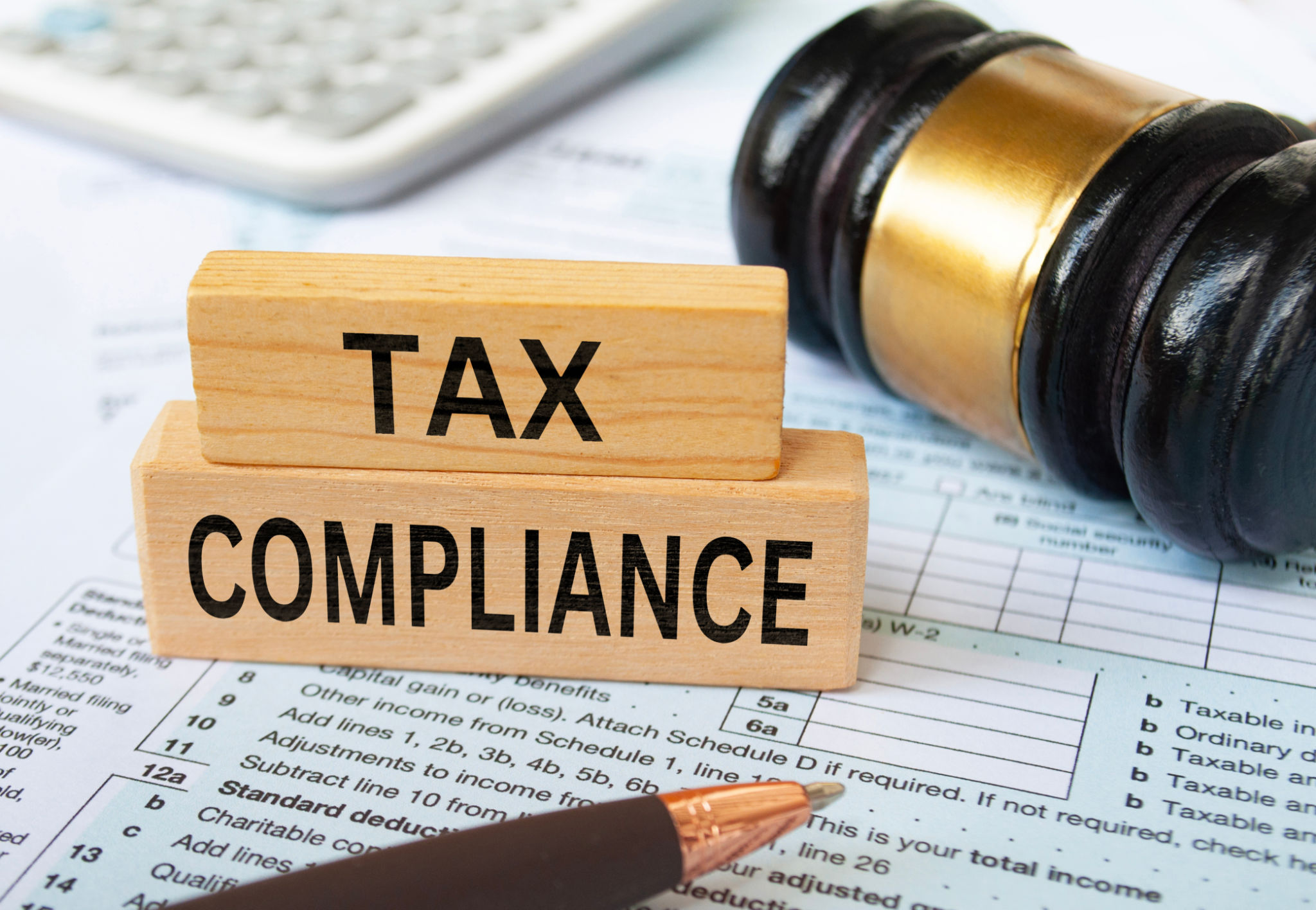Understanding the Impact of Local Regulations on Business Models in Singapore
Introduction to Local Regulations
Singapore's business landscape is renowned for its robust economy and strategic location in Asia. However, the country's stringent local regulations significantly impact business models. Understanding these regulations is crucial for companies aiming to establish or expand their operations in Singapore.
Local regulations in Singapore are designed to maintain a fair and competitive market while ensuring consumer protection. These rules dictate how businesses operate, influencing everything from company registration to employment practices. As a result, businesses must adapt their models to comply with these regulations, which can sometimes lead to increased operational costs.

Licensing and Permits
One of the first hurdles businesses face in Singapore is obtaining the necessary licenses and permits. The type of license required depends on the nature of the business. For instance, food and beverage establishments need specific hygiene certifications, while financial service providers must obtain licenses from the Monetary Authority of Singapore (MAS).
The process of acquiring these licenses can be intricate, requiring a thorough understanding of local laws and regulations. Businesses should allocate resources to ensure compliance with licensing requirements, as failure to do so can result in penalties or business closure.

Impact on Business Models
Local regulations in Singapore can significantly shape business models. Companies must consider these rules when planning organizational structures, product offerings, and service delivery methods. For example, stringent employment laws require businesses to adhere to fair hiring practices and maintain proper employee documentation.
Moreover, regulations related to data protection and privacy have become increasingly important. Businesses must implement robust data management systems to protect customer information, which can influence their technological investments and operational strategies.

Environmental Regulations
Singapore is committed to sustainable development, and as such, businesses must comply with environmental regulations. These rules encourage companies to adopt eco-friendly practices and reduce their carbon footprint. This can affect supply chain decisions, product design, and waste management strategies.
Adapting to these regulations may involve initial costs; however, they also present opportunities for businesses to integrate sustainability into their brand identity and appeal to environmentally conscious consumers.
Taxation and Financial Compliance
Understanding Singapore's taxation system is essential for businesses operating within the country. The Goods and Services Tax (GST) and corporate tax rates are crucial factors that influence pricing strategies and profitability.
Businesses must also adhere to financial reporting standards, ensuring transparency and accountability in their operations. Non-compliance can lead to hefty fines and reputational damage.

Conclusion: Navigating the Regulatory Landscape
Navigating Singapore's regulatory landscape requires diligence and strategic planning. While local regulations can pose challenges, they also provide a framework for fair competition and consumer protection, contributing to the country's stable business environment.
Businesses that effectively integrate regulatory compliance into their models can not only avoid legal pitfalls but also gain a competitive edge by demonstrating their commitment to ethical and sustainable practices.